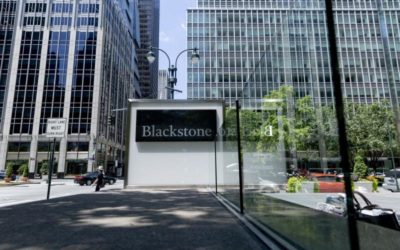The authors analysed more than 800 European cases where private equity firms have made an initial acquisition and then built on it with further add-on deals. The firms increased return on sales of the enlarged group by 27% over the first five years (or exit if earlier) compared with what would have been expected for the individual businesses, according to the researchers from Erasmus University Rotterdam.
The study provides rare vindication for the private equity industry which has faced repeated questions about its returns in recent years. Different academic studies have found that despite their high fees over the past decade, private equity funds have failed to beat the stock market.
In the early years of the private equity industry, firms made fat returns by acquiring individual businesses using high levels of debt and then selling them on. But as competition for deals has increased, making good returns harder to generate, firms have increasingly turned to “buy and build” strategies. Now accounting for roughly half all private equity deals, according to consultants Bain & Co, these strategies are more like the approach taken by corporate or “strategic” purchasers.
Some critics, such as Ludovic Phalippou, a professor at Oxford University’s Said Business School, have suggested that “PE firms use these transactions to dress their track records, raise more capital, or justify spending already committed capital, without operational improvement”, the authors say.
But the Erasmus researchers’ analysis of deals in seven European countries, including the UK, since 1997 found that buy and build strategies achieved significant improvements in sales and profits due to operating synergies.
A typical example cited by the study involved Activa Capital, a French private equity firm, which bought a provider of photographic services, then added a manufacturer of invitations to marriage and birth celebrations, and an online family planning service. The researchers compared the combined group’s subsequent performance with that of rival businesses in each of the separate markets to assess the improvement the private equity firm’s strategy had achieved. “This result supports the positive view that PE funds are acting similarly to strategic buyers that aim to realise operating synergies,” the authors say.
The study found that the average holding period for “buy and build” strategies was more than five years, significantly longer than has been typical for traditional leveraged buyouts.
Source: Private Equity News




